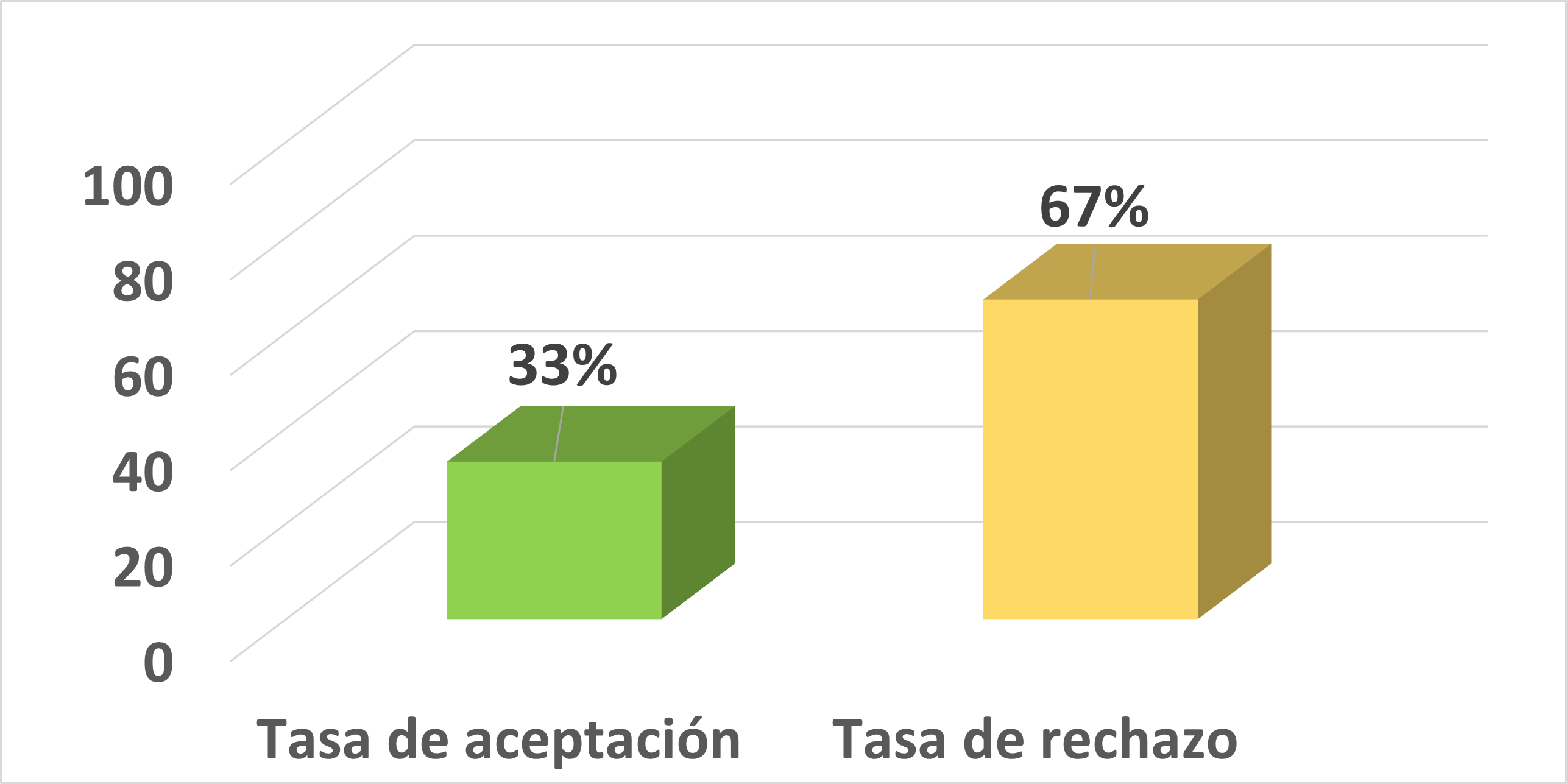Incidence of connivance on professional training at Binational Center of Technical Training – Zapotepamba
Keywords:
Pedagogical, connivance, eld work, boarding, comprehensive educationAbstract
To the aims of the research were: determine if the boarding school regime allows to the students of the Binational Center the s comprehensive training; identify if the connivance in the boarding school contributes to promote human values and the link with the community; and to determine the satisfaction degree of the students facing the regime of boarding school to live and study in the same place. The theoretical foundation of the research is based on the pedagogical theory Critical-Alternative, for this, the integral formation consists of the expansion of knowledge and skills and the holistic education, in the evolutionary process of conscience. A sample of 53 students was determined for the research. The data collection was obtained through the survey, instrumented with the quiz. Two variables were evaluated: the regime of boarding school and professional training. For this purpose, correlational statistical analysis was performed and the X2 test was applied as post hoc. The results pointed out the incidence of connivance in the professional training of production engineers, education and agricultural extension. These results show that the boarding school regime favors the comprehensive professional training. The most of the students considered that connivance in boarding school is the best choice for the teaching-learning process, therefore the grouping connivance allows to enhance: values, attitudes and skills, as well as socialization and interpersonal integration. Finally, it was determined that professional training solves the problem of labor insertion in agricultural sector.References
Guamán, G. (2010). Enfoque Epistemológico. Conferencia. Universidad Tecnológica Equinoccial (UTE). Quito, Ecuador.
Gómez, M. y Acosta, R. (10-10-2003). Acerca del trabajo en grupos o equipos. Biblioteca Virtual en Salud y Care. Cuba [21-1-2008].
Núñez, N. (2014). Formación Universitaria Basada en Competencias. Primera edición. FORMATS PRINT E.I.R.L. Chiclayo- Perú. Pág.24
Pérez, et al., ¿Depende la satisfacción estudiantil de la calidad real de la facultad o de la percepción individual de esta? Universidad de Granada. ReiDoCrea. Revista electrónica de investigación Docencia Creativa. Volumen 1. Páginas 29- 37.
PROMEBAZ y PROCETAL. Proyecto de Mejoramiento de la Calidad de la Educación Básica en la Provincia del Azuay y Programa de Cooperación para la Educación Técnica Agropecuaria de la Provincia de Loja. (2008). Hacia una Educación de Calidad en el Ecuador. Primera Edición. Editorial Artes Grá cas. Loja-Ecuador. Pág. 68,69.
Reeve, J. (2010). Motivación y Emoción. 5a Edición. Editorial McGraw-Hill. México. Pág. 78
Sánchez, J. (2004). La teoría de Makarenko. Universidad Nacional. Facultad de Educación. Ciencias Sociales y Turismo. Primera Edición. Editorial Huacho-Perú. Pág. 6
Downloads
Published
How to Cite
Issue
Section
License
Those authors who have publications with this journal, accept the following terms:
- After the scientific article is accepted for publication, the author agrees to transfer the rights of the first publication to the CEDAMAZ Journal, but the authors retain the copyright. The total or partial reproduction of the published texts is allowed as long as it is not for profit. When the total or partial reproduction of scientific articles accepted and published in the CEDAMAZ Journal is carried out, the complete source and the electronic address of the publication must be cited.
- Scientific articles accepted and published in the CEDAMAZ journal may be deposited by the authors in their entirety in any repository without commercial purposes.
- Authors should not distribute accepted scientific articles that have not yet been officially published by CEDAMAZ. Failure to comply with this rule will result in the rejection of the scientific article.
- The publication of your work will be simultaneously subject to the Attribution-NonCommercial-NoDerivatives 4.0 International (CC BY-NC-ND 4.0)









